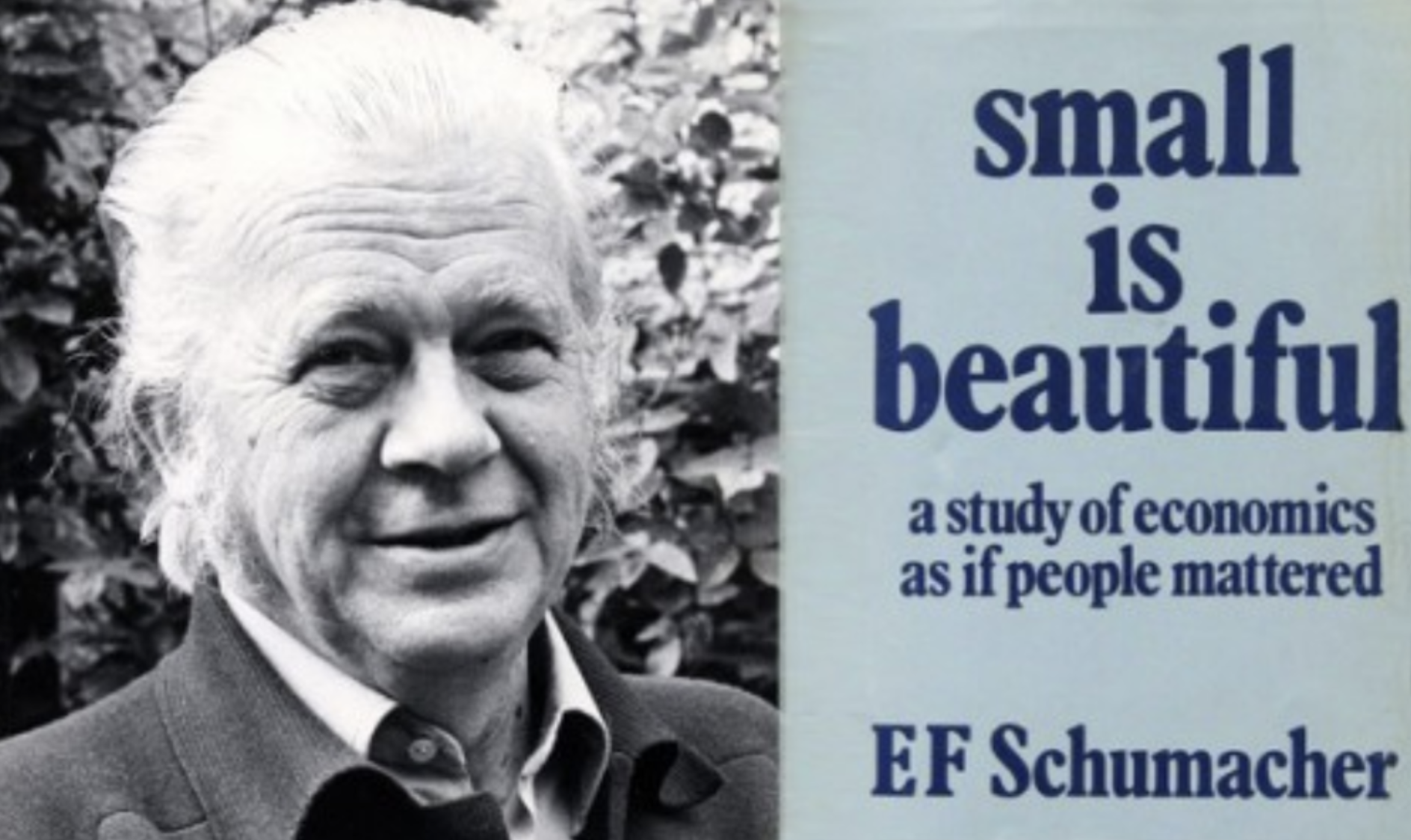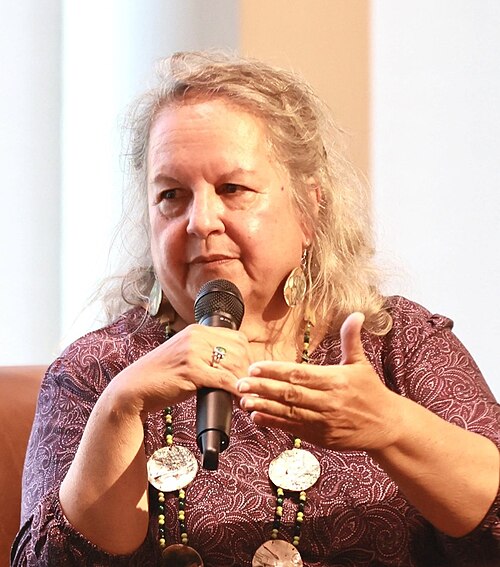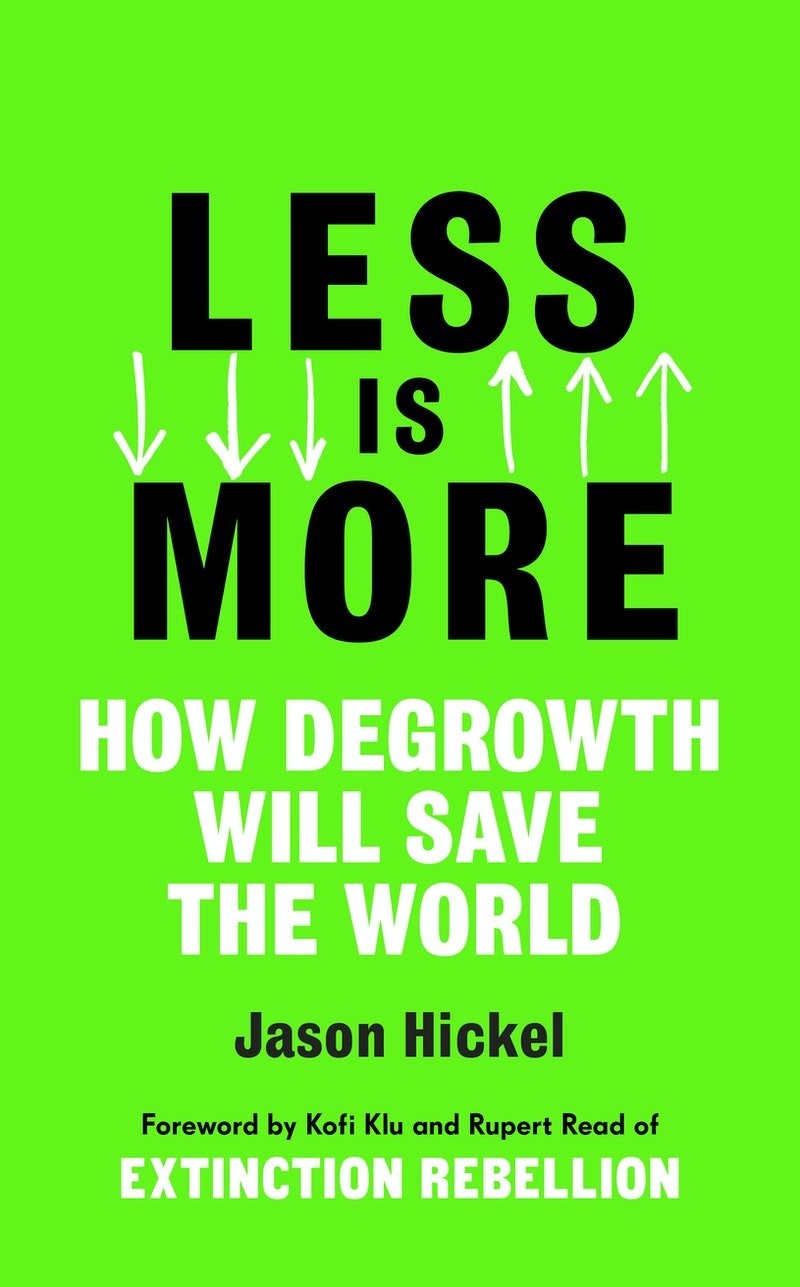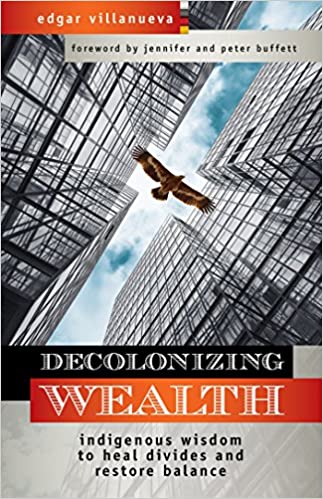October 20, 2023
Economics
Small is Beautiful

A particularly prescient book about economics turned 50 this year. EF Schumacher’s classic Small is Beautiful predicted that our push for endless growth was doomed to fail and a fundamentally different orientation is possible, beneficial, and essential.
Coming of age in the early 70s I was influenced by a small but influential group of thinkers who channeled the promise of a new age into realistic practicums. EF Schumacher was on the foundational reading list. This week my friend and colleague, John Abrams, wrote a good appreciation of a book from which we are still learning.
John quotes Schumacher's warning: "Ever bigger machines, entailing ever bigger concentrations of economic power and exerting ever greater violence against the environment, do not represent progress: they are a denial of wisdom. Wisdom demands a new orientation of science and technology towards the organic, the gentle, the non-violent, the elegant and beautiful.”
And John makes a succinct summary of the learning and work still to be done: "Transitioning to a just and sustainable economic system has become the fundamental long-term challenge of our times. Fifty years ago, Fritz Schumacher gave us a framework to help us with this world-changing work.""
I'm with you, John. We've only just begun. Let's keep going.
BOOK REVIEW: Small is Beautiful




